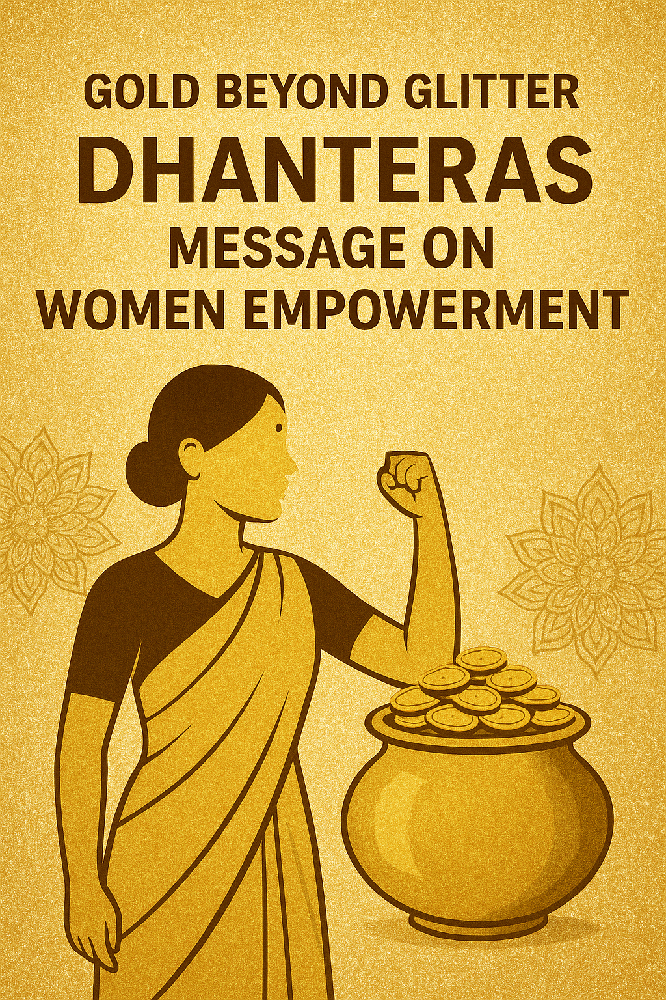
Leadership in the 21st century is no longer defined by authority — it’s defined by authenticity. And women across the world are leading this transformation with courage, empathy, and vision. From boardrooms and classrooms to laboratories and legislative halls, women are not just participating in leadership — they are reshaping what leadership truly means.
1. The Shift from Power to Purpose
For centuries, leadership was associated with dominance and control. But today, women are proving that leadership rooted in purpose, collaboration, and compassion can create greater impact. Whether it’s in business, healthcare, or social reform, women leaders are guiding teams with empathy, inclusivity, and emotional intelligence — traits once overlooked but now recognized as vital strengths.
As I’ve often said, true leadership is not about being in charge — it’s about being responsible for those in your charge. This philosophy drives a new era of women who lead with both strength and sensitivity, balancing strategic thinking with human connection.
2. Education and Empowerment: The Seeds of Change
Education remains the most powerful weapon in dismantling gender barriers. Across the world, more women are gaining access to higher education, technical skills, and leadership training than ever before. These women are stepping into roles that were once unimaginable — leading research projects, heading corporations, and driving policy change.
In India, we see young women emerging from every corner, eager to innovate, lead, and contribute. Empowering these women through education doesn’t just change individual lives — it transforms entire communities, sparking generational progress.
3. Redefining Strength: The Feminine Force in Leadership
Women leaders are introducing a new kind of strength — one that embraces empathy, resilience, and emotional balance. The world is beginning to recognize that compassion is not a weakness; it’s a superpower.
In my experience, women bring a holistic vision to leadership — they see beyond profit and policy, focusing instead on people and purpose. This shift is not just redefining leadership styles but also reshaping global success metrics. Today’s strongest leaders are those who inspire rather than impose, and women are leading that revolution.
4. Beyond Barriers: The Global Movement of Equality
The rise of women leaders isn’t confined to one nation — it’s a global movement. From political pioneers and social activists to CEOs and scientists, women are proving that leadership has no gender, only vision. Yet, challenges remain. Gender bias, unequal pay, and underrepresentation in decision-making roles still persist.
The answer lies in continued collective empowerment — where every woman who breaks a barrier opens the door wider for the next. Empowerment is never a solo journey; it’s a shared responsibility of society to create space for women to rise.
5. The Future Is Feminine — and Inclusive
As we step deeper into the 21st century, leadership is evolving into a balance of innovation and inclusion. Women are not asking for power — they are redefining power itself. Through collaboration, compassion, and conviction, they are building a more equal and empathetic world.
It is my belief that the next generation of women leaders will not just break barriers — they will erase them altogether, leaving behind a legacy where leadership is measured not by gender, but by integrity and impact.
In conclusion, women are not just rewriting the story of leadership; they are reshaping its entire language. Their voices, once confined to the margins, are now echoing across boardrooms, parliaments, and global platforms. And as each woman rises, she lights the way for countless others to follow.
Because when a woman leads, humanity moves forward.




